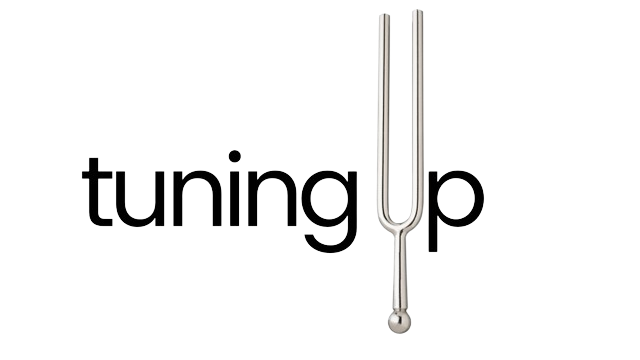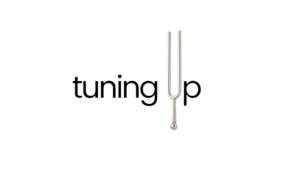Your cart is currently empty!
The best question

The best question I’ve ever been asked.
About 22 years ago I was asked the best question I’ve ever heard. The whole of Ogilvy London’s management, from board director and above, was taken to an off-site training session one afternoon. The purpose of the session was to boost morale, instil a greater sense of self belief, and help us believe in one another. And in just one afternoon it had more than delivered.
There must have been 30 or 40 of us in the session. Our hosts gave us team-solving exercises; they challenged us to trust one another and even showed us we could achieve amazing things like teaching everyone in the room to juggle within 5 minutes. By the end of the session I think pretty much everybody in the room believed they could do absolutely anything.
What question can silence 30+ excited bigmouths?
Then came the question.
And we all stopped.
We stopped talking, we stopped laughing, we stopped smiling – because we had to start really thinking about how to answer this simple question.
And this was it: So what will you do differently tomorrow?
For what felt like an age, we all looked at one another trying to hide our puzzlement. Thankfully, and to everyone’s relief, a copywriter called Dave Williams said something like “I’m going to get involved in the brief-writing stage of our process instead of just receiving briefs. From now on I’m going to contribute to them”.
There was a pause, and then palpable relief and gratitude to Dave for having shown everyone the way. We realised, all of us, that it wasn’t that hard. But it’s astonishing how much inertia we have to overcome to change our own behaviour, how little we do about our circumstances when we don’t like them or we find our situation undesirable or we just think there’s room for improvement. All of us can simply decide to get better at something, or to change our ways.
People can simply decide to change
By way of an example, I was recently listening to one of Lucy Mann’s excellent Small Spark Theory podcasts. Lucy asked her guest Trenton Moss, what was the best advice he’d ever been given and he replied something like this:
“I’m often late for meetings, running around doing lots of things – and it wasn’t really advice – just a question somebody asked me once: they said to me ‘Why don’t you just always be on time?’ But it stuck with me. Why am I just not always on time? Why am I always late for meetings? I’m running around, I’m busy, I’m reporting and have lots of things to do, and actually I thought: why don’t I just be on time? And why don’t I just treat everyone I work with – no matter who they are – like they’re the most important person in the world? Because if you’re late for a meeting you’re basically telling that person those people that they are less important than whatever it is you were doing, and they have no idea what you were doing, but they just knew they’re less important than it. And from that moment on I was always on time for meetings.”
As another example, shortly after Mike Lander and I presented at the AIA conference in September, the CEO of one of the agencies that attended said his client services director had suddenly started writing investment recommendations for clients instead of cost estimates. In the presentation we had proposed that agencies needed to change their language to better reflect clients’ expectation of a return on investment from what they were paying. To his unending credit, this client services director just went back to the office and did it.
Lastly, when I was recently guesting on The Human Risk podcast for Christian Hunt, I recalled the story of someone I knew who had been in the process of selling his business. He was getting absolutely rinsed in negotiations to the point that it was driving him to distraction. His solution was twofold:
1) He paused the negotiations.
2) He bought three books about negotiation and read them in the following week.
Then he resumed negotiations, with improved competence, improved confidence and ultimately an improved deal. The ROI on probably £80 worth of books and probably 25 hours of reading was into seven figures in cash.
Wisdom from Mark Twain and Yoda.
All three of these examples remind us of what we are capable:
- Trenton Moss recognised lateness was a choice, and simply chose differently thereafter
- The client services director just did what I had suggested – because it made sense, there was nothing stopping him.
- The business owner saw he was ill equipped to negotiate so he taught himself to negotiate better.
As Yoda would put it, the first two examples are simply “Do or do not.” But the last reminds us we’re all still human-shaped computers with plenty more room for plenty more apps.
Books are apps. Sure, their download time might be a few hours instead of mere minutes but the downloading itself can be fun – and the result is that we can do more after downloading a book than we could before.
The point here is that we have much more control than we believe. Often when we encounter problems, we can go on a course, or read a book, or do something differently,
Mark Twain once wrote:
“The man who does not read has no advantage over the man who cannot read.”
There are plenty of ways we can take greater control of our work and our lives.
The rapid advances of AI mean that many of our roles will likely transition from doing the work ourselves to judging what a machine has done for us. For this, we’ll need to be brimming with knowledge and we’ll need to have our own downloaded apps. By these means we can more confidently hope our brains will be better equipped than machines to integrate knowledge and ideas and create greater value than machines will for some time to come.
It’s time to invest in ourselves and do something differently tomorrow.



